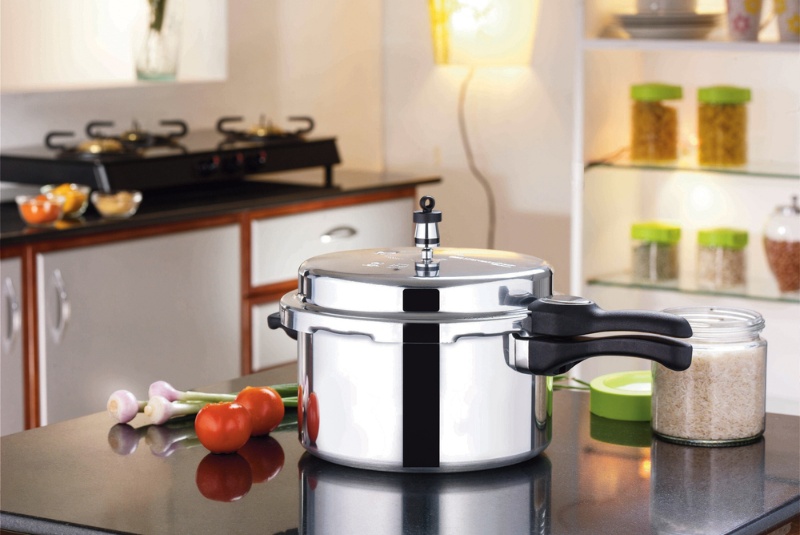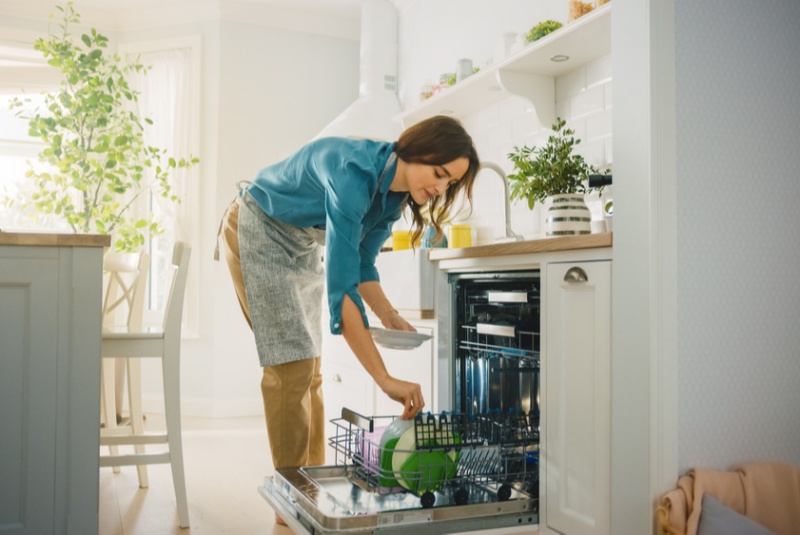One of the most versatile and efficient tools in a home cook’s arsenal is the humble pressure cooker. As the call for sustainable and energy-efficient practices grows louder, we must turn to not just our vehicles or home appliances, but our kitchens as well. This article will elucidate the benefits of pressure cookers and how they help save energy.
To begin with, pressure cookers, despite their archaic image, have seen significant innovation and improvements over the years. They now come with advanced features and safety mechanisms that offer a level of convenience that was unheard of in the past. But beyond convenience, pressure cookers can play an integral role in a greener, energy-saving kitchen.
The principle of a pressure cooker is straightforward: by creating a sealed environment, the cooker increases the pressure inside, thereby raising the temperature at which water boils. As a result, food cooks much faster than it would at the normal boiling point of water.
The energy savings of a pressure cooker can be attributed to several factors. Firstly, cooking time is considerably reduced, often by up to 70%, depending on the food. When you use less time to cook, you inherently use less energy. For example, a pot of beans that normally takes two hours to cook on a stovetop could be ready in just 30 minutes in a pressure cooker. Over a year, this time and energy saved add up significantly.
Secondly, by using a pressure cooker, the heat remains within the cooker, ensuring no wastage. In contrast, conventional cooking methods, such as stovetop or oven cooking, lose a considerable amount of heat to the surrounding environment. This wastage is drastically reduced with a pressure cooker, as nearly all of the heat is used to cook the food.
Pressure cookers are also incredibly versatile, capable of replacing multiple kitchen appliances. They can be used for boiling, braising, simmering, and even making desserts. This means you can save energy that would otherwise be used by multiple different appliances.

One might argue that the energy savings are insignificant compared to larger household appliances like refrigerators or air conditioners. However, it’s crucial to remember that every little bit counts when it comes to energy conservation. Over time, the savings you make from using a pressure cooker can add up to a significant amount, particularly if you cook frequently.
In addition, using a pressure cooker not only saves energy but also preserves nutrients. The shorter cooking time and the sealed environment help to maintain the vitamins and minerals in food, which are often lost through traditional cooking methods.
Moreover, a pressure cooker is an excellent tool for those leading a busy lifestyle. The reduced cooking time means less time spent in the kitchen, allowing you to focus on other tasks. Plus, many modern pressure cookers have programmable settings, so you can prepare your ingredients, set the cooker, and let it do the rest.
While it’s true that pressure cookers have a higher upfront cost compared to standard pots and pans, the long-term benefits — both economic and environmental — outweigh this initial expense. With regular use, a pressure cooker pays for itself in energy savings and convenience.
The use of a pressure cooker is a small yet significant step towards a greener kitchen. Its benefits go beyond energy conservation; it promotes nutrient-rich meals, saves time, and adds convenience to cooking. As we navigate the journey towards sustainable living, using a pressure cooker offers a simple, yet effective way to make our homes — and the planet — a bit healthier. So why not give it a try and experience the difference it can make in your kitchen?




